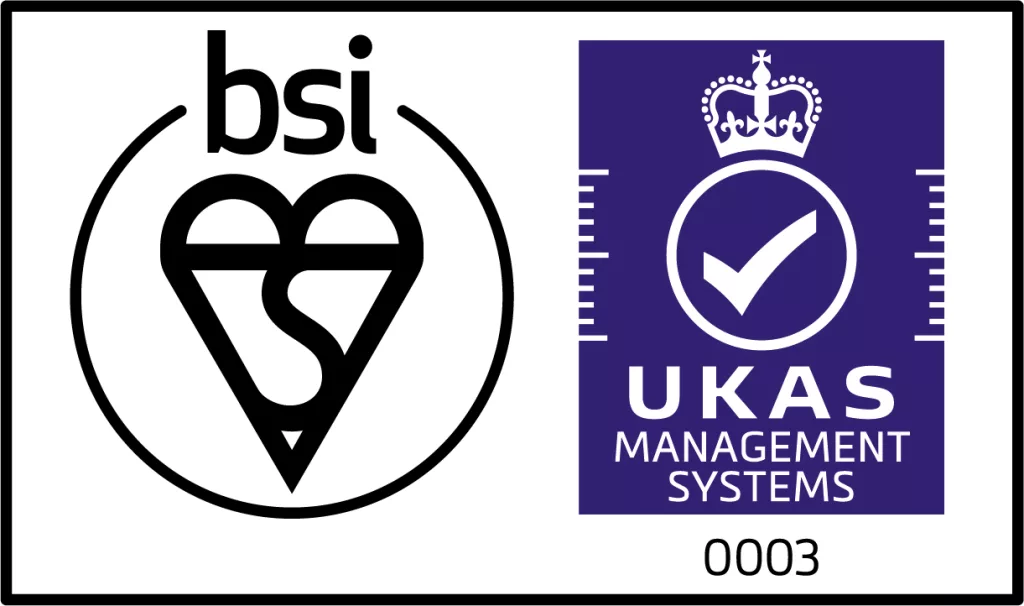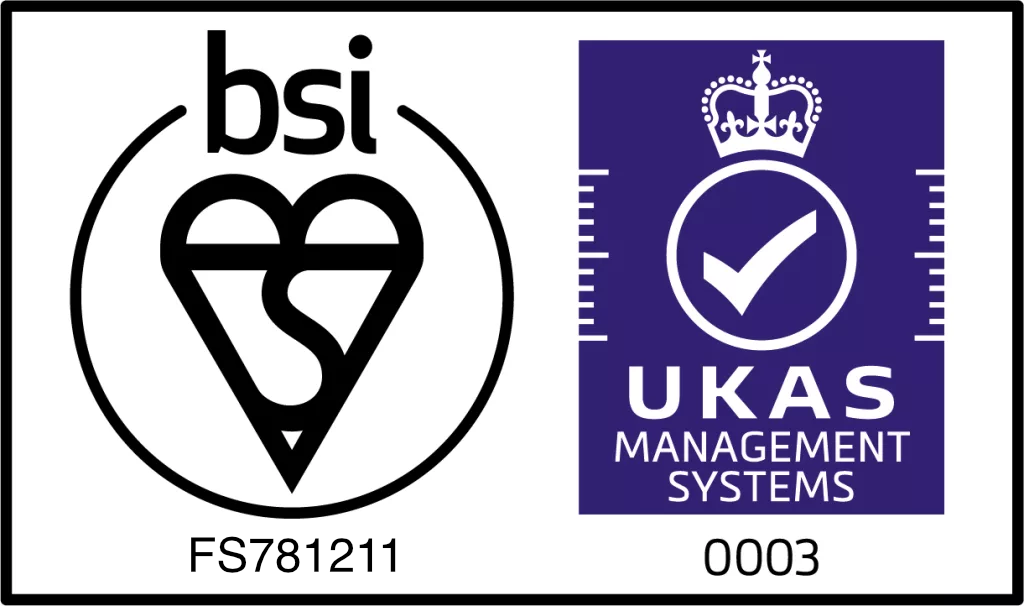
Reactive planning is waiting for something to happen before planning around it.
If the majority of your activities are reactive planned then they are probably incredibly inefficient.
Projects often get stuck in the Reactive Planning Rut part what through a project with large amounts of change or where there is really no clear direction on the strategy to deliver the project.
Sometimes hard to realise your in a rut there are clear signs.
- Constantly changing sequencing
- Constantly failing to meet long term programme forecasts
- High amounts of change with no plan in place up front
- Inaccurate short term planning due to high amounts of change
Many projects that find themselves in a rut rarely get themselves back out of it but it can be done.
The first thing to do is to realise the problem. Once you’ve identified that your reactive planning its best to take a step back and take a look at the bigger picture.
Construction can be a high risk industry and understandably not all events are going to be foreseeable but the majority should be on the projects risk register.
If your stuck in a reactive rut then the risk register is a good place to start. Have a review of the current risks, your going to need to know them for later in the process.
Next look at what the current sequence and plan is. Detail this out and have a look at contingency. I.e plan for foreseeable change. Have a plan B, this is where your risk register is going to help.
Now the cause of the reactiveness may not be of your own doing. It could be driven from a third party such as a client design or another trades ongoing delays. You can still plan or formulate a strategy to make sure the full impact is being captured so you are adequately compensated for the events.
What-If programmes are a great way of formulating plans for possible events which are going to impact the project. You may have some pretty heavy hitters on your risk register. Even if these are low probability but high impact its a good idea to have a programme in place detailing the plan if the risk occurs. Planning this now will minimise any further delay.
Why wait for an event to happen before you formulate a plan to work around it… That’s not an efficient way of working at all.
The other thing that’s needed is a clear strategy to complete the project. This is often where projects fail to get out of the rut and often stems from too many cooks spoiling the broth. This part requires real commitment and someone to be responsible for delivery.
Once strategy is agreed and scenario planning is in place you should be well on your way to getting out of the rut and back to proactive planning.
Don’t get me wrong, any project will have an element of reactive planning but the focus should always be on proactive planning. What-if programmes are your friend, use them…
Planetal provides Tendering, Delivery Planning and Forensic Delay Expert Services to the construction industry. For more information on how we can help click one of the links below:
Forensic Delay Expert Services
For any further information or to discuss any programme requirements contact us on:








